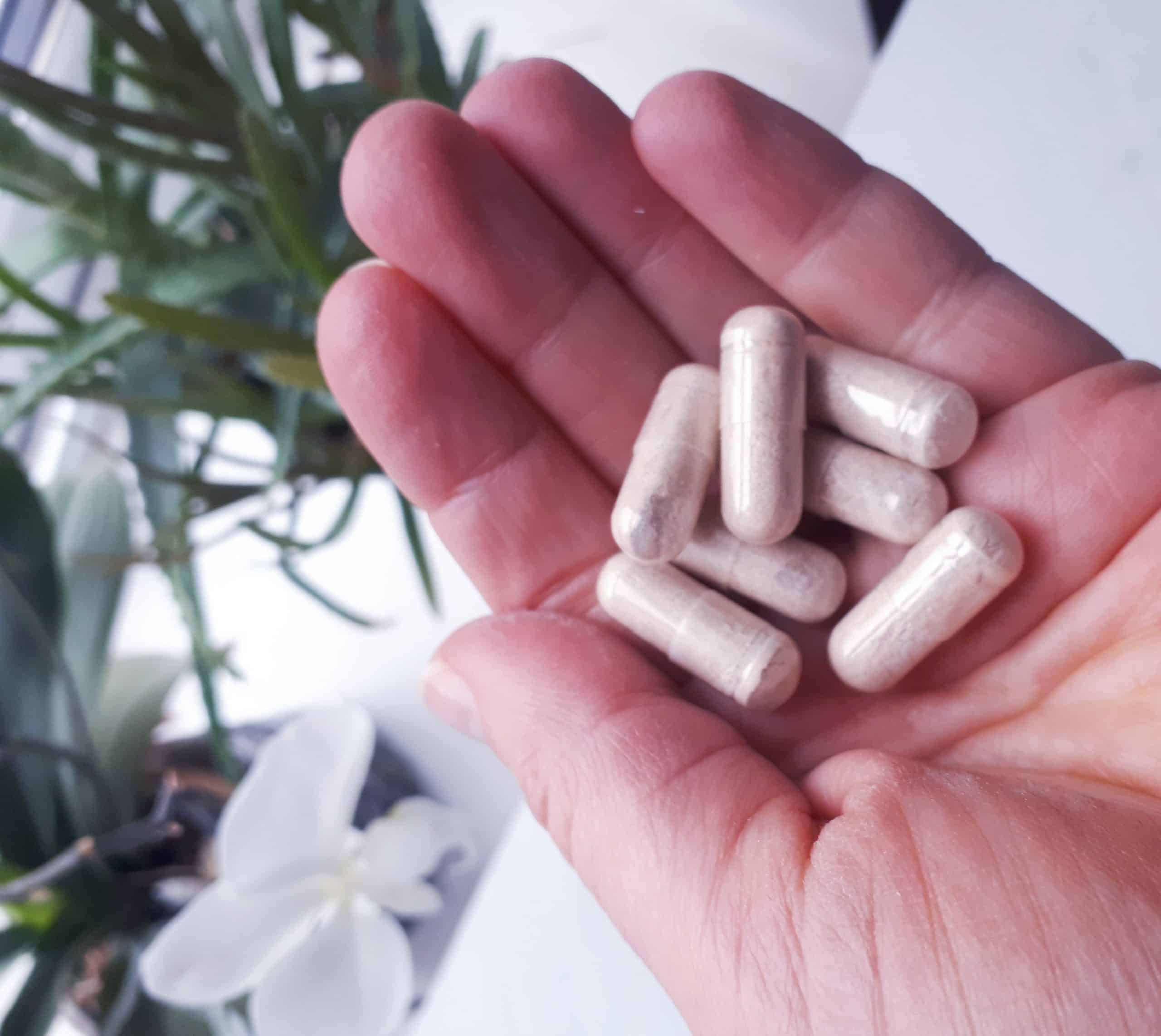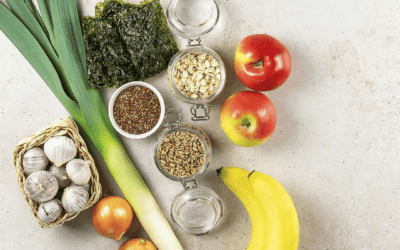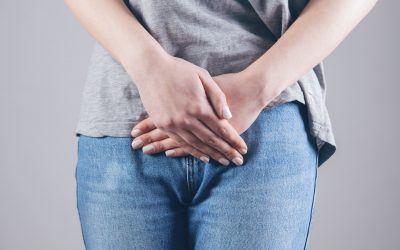We know weight loss is more than just cutting down your calories and doing a bit of exercise, but could taking probiotics help with weight loss?
You might be tempted by a sensational headline, and the thought of taking a pill instead of diet and lifestyle change. But unfortunately it’s not quite as easy as that.
Gut microbes and obesity
We know that people who are obese tend to have a different mix of bacteria in their gut compared to people with a leaner body shape.
One big difference is that there tends to be a reduced diversity of microbes in obesity. The difference in diversity could be up to 40% less. This may be an issue, because the a more diverse gut is associated with better health.
Gut microbe changes in obesity
If you’re overweight your microbes could be affecting what you eat and how much energy you extract from your food. Some bacteria from the Fermicutes family are known to help us get more energy out of our food, and these have been shown to be higher in obese people.
Another microbe to be aware of is the methane producing Methanobrevibacter smithii (and if you’re a stickler for details it’s worth knowing it’s not actually a bacteria it is a type of archaea!) This one is well known to be associated with constipation and also helps to extract more energy from the food we eat. If constipation is something you suffer with I’ve written about that in Tips for Constipation.
If this is making you worry, then it’s ok, there is a solution!
Most of the evidence seems to show that the microbes are mostly driven by what we eat.
Diet causes obesity, not the microbes. But gut microbes can increase inflammation and metabolism, which can affect weight gain.
So if you change your diet, your microbes in your digestive system will adapt.
How do microbes affect obesity
The altered make up of the gut in people who are obese can contribute to some of the negative health effects of being overweight.
Some studies in mice and rats have shown that these ‘bad bugs’ may contribute to
- insulin resistance
- inflammation in the intestines, which could lead to bloating or food intolerance
- a change in the way we process fats.

an gut microbes cause weight gain?
There are not many studies in humans, but in mice researchers have shown that implanting gut bacteria from mice who are bred to be obese into lean mice make them put on weight.
Only the microbes changed, and mice put on weight
The bacteria has a role to play in energy metabolism. Some people with more of these type of microbes may be getting more energy from their food than others who don’t have these varieties of bacteria.
This is one way in which altering the microbiome through probiotics, may help with weight loss.
Diversity is important
Some studies have shown that a reduction in the variety of microbes is associated with obesity. It’s true, we don’t often know which came first, the lack of diversity, or obesity.
When you have decreased gut microbe diversity you are more likely to have a ‘leaky gut’. This means a particular toxin from bacteria (LPS or Lipopolysaccharide) can get into the body and increase inflammation. That could be a trigger for changes in the metabolism that leads to weight gain.
One thing that helps both weight and gut health is eating a broad range of plant based foods. This includes grains, nuts, beans, fruit and seeds, as well as herbs.
If you eat a broad range of foods you’re more likely to have a diverse microbiome. In fact aiming for 30 different foods a week could help improve your gut diversity.
It’s possible that adding a supplement of probiotics will help with weight loss, but it’s not proven.
How to improve your gut health for weight loss
Our gut bacteria are related to the food we eat, so we are able to change the types of microbes over time. Increasing dietary fibre and exercise has been shown to alter the composition of our gut microbes.
Eat more fibre – vegetables and pulses like lentils, chickpeas. The bugs especially love prebiotics (food for the bugs) like leeks, onions, garlic, artichokes. If you have IBS, you might want to go careful with the prebiotics (I’ve written about Prebiotics and IBS
Cover half your plate in vegetables at mealtimes for fibre and low energy density foods.
Increased fibre also helps us to feel fuller for longer, and potentially snack less.
Aim for 30 different foods a week to increase diversity of the microbes. Don’t eat the same foods every day. I have a course to help you expand your range of foods.
Drink 8 glasses of water or herb tea each day
Exercise – moving our body helps to create a healthy set of gut bugs and contributes to good overall health.

IBS Nutritionist
Hi, I'm Anna Mapson, registered Nutritional Therapist.
I help people with IBS and SIBO get control of unpredictable gut symptoms to find long term relief from painful and embarrassing IBS without restrictive dieting.
I can help you to:
- understand your digestion better, so you recognise your triggers
- eat a well balanced diet, with tasty meals that are simple to prepare
- reintroduce your trigger foods so you can get back to enjoying food again
Find more about my 3 month 1:1 Gut Reset programme.
Red flags for bowel movements, and what’s a perfect poo
You might not often discuss your bowel habits with your nearest and dearest, but sometimes it's worth getting a second opinion. In this blog post I'm talking about a list of red flags for bowel movements you should speak to your doctor about. I'll also cover how to...
Are prebiotics good for IBS?
If you've tried taking prebiotics for your IBS you might have noticed they can really make a big impact. And not always in a good way! Prebiotics are a type of short chain sugars found in plant foods, and they also help to feed our healthy gut bacteria. Many people...
Why does my stomach rumble? Causes of noisy digestion
Ever interrupted a meeting with a loud stomach rumble? Or heard sounds in there like a blocked drain is being cleared? Whilst it can be embarrassing, stomach noises aren't normally anything to worry about, it's often just food and liquid moving through your digestion....




